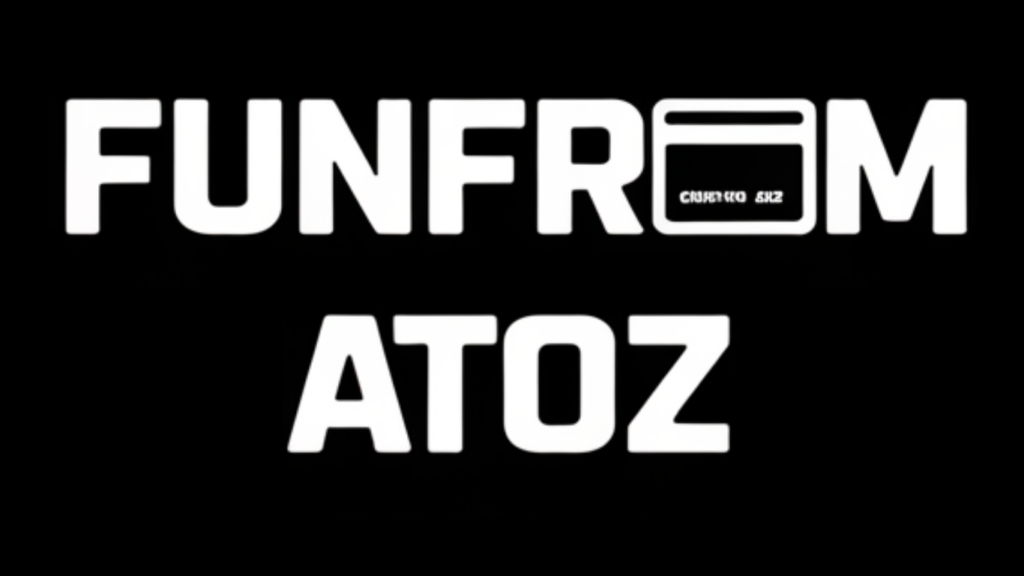Embarking on an application journey, whether for a job, a university, or a special program, can often be an overwhelming experience. Understanding What to Know Before Applying is pivotal for enhancing your chances of success. Preparing adequately not only boosts your confidence but also equips you to present your best self to prospective opportunities.
When considering a new opportunity, it’s crucial to gather comprehensive information about the expectations and requirements involved. This ensures that you make informed decisions and tailor your application to meet specific criteria. What to Know Before Applying involves research and self-reflection, helping you identify your strengths and areas to improve.
Ultimately, the application process is not just about meeting requirements but about showcasing your unique value. By being well-informed and prepared, you set yourself apart from the competition. Dive into our guide to explore What to Know Before Applying, and equip yourself with the tools and knowledge needed for a successful application journey.
Research the Opportunity
Before applying, the first step is to thoroughly research the opportunity. Whether it’s a job or a university program, understanding its core values, mission, and culture is essential. By aligning your goals with the organization’s, you demonstrate a genuine interest and a clear understanding of what they stand for.
Another aspect of research involves understanding the role or program specifics. This includes duties, responsibilities, and what is expected of successful candidates. This information helps you tailor your application to highlight relevant experiences and skills, thus enhancing your credibility.
Moreover, researching industry trends related to the opportunity can provide insights into what is currently valued in the field. This knowledge aids in positioning your application strategically, reflecting awareness and preparedness that impresses decision-makers.
Self-Assessment and Preparation
Conducting a self-assessment is a critical step when preparing to apply. Evaluate your skills, strengths, and areas that need improvement. Understanding your unique value proposition allows you to effectively communicate this in your application materials.
Preparation also entails gathering necessary documents and polishing your resume and cover letter. Ensure these documents reflect the specific requirements and ideals of the opportunity. Customizing your application increases the likelihood of being noticed by recruiters or admission officers.
Consider engaging in activities that enhance your qualifications. This could include online courses, volunteering, or any relevant experience that strengthens your application. Being proactive about your growth demonstrates dedication and a willingness to learn, traits highly regarded by selection committees.
Understand the Selection Criteria
Understanding the selection criteria is vital to align your application with what decision-makers are seeking. Review any available documentation or guidance about how applications are evaluated. This might include points systems, required experience, or specific competencies sought.
If possible, connect with someone familiar with the selection process, like alumni or current employees. Their insights can provide a real-world perspective on what the committee values most, helping you fine-tune your application accordingly.
With a clear understanding of the criteria, you can emphasize how your experiences, skills, and aspirations meet these requirements. This targeted approach can set your application apart, demonstrating that you are precisely what they are looking for.
Crafting a Compelling Personal Statement
Your personal statement or cover letter is a narrative that allows you to connect your past experiences with your future aspirations. Craft a compelling story that highlights not only your achievements but also your motivation and passion for the opportunity.
Use this section to express your uniqueness. Share specific examples that illustrate your skills and values. Personal anecdotes or challenges that you have overcome can distinguish you, offering depth beyond grades or job titles.
Ensure that your personal statement is concise and adheres to any specified guidelines or word limits. A well-articulated statement that is clear and engaging can capture the interest of reviewers, making them eager to learn more about you.
Preparing for the Interview
If your application leads to an interview, preparation is key to success. Research common interview questions related to the opportunity and practice your responses. Consider engaging in mock interviews to build confidence and improve your communication skills.
During interviews, understanding the organization or program is imperative. Be ready to discuss how your values align with theirs, showcasing not only your qualifications but your fit within the culture they promote. This alignment can be a decisive factor in their selection process.
Additionally, prepare thoughtful questions to ask your interviewers. Questions that demonstrate genuine curiosity about the role or program indicate your seriousness and enthusiasm, leaving a lasting impression on the panel.
Finalizing and Reviewing Your Application
Before submitting your application, take time to review every element meticulously. Ensure all requirements are met, and the information provided is accurate. Proofread your documents to eliminate any grammatical errors or inconsistencies.
Seek feedback from trusted mentors or colleagues. They can provide an objective perspective on your application, highlighting areas that may need improvement or additional clarification.
Finally, ensure that your application submitted is complete and aligned with the instructions provided. An organized and thorough submission reflects your attention to detail and professionalism, qualities that are highly regarded by decision-makers.
Conclusion
Embarking on the application process with a comprehensive understanding of what to know before applying can significantly improve your chances of success. By conducting thorough research, self-assessment, and preparation, you position yourself as a well-informed and motivated candidate.
Align your unique experiences and qualifications with the opportunity’s criteria, and confidently present yourself during interviews. This strategic approach will enhance your application’s appeal and demonstrate your readiness to embrace new opportunities. Equip yourself with these insights to tackle your next application journey with confidence and clarity.

